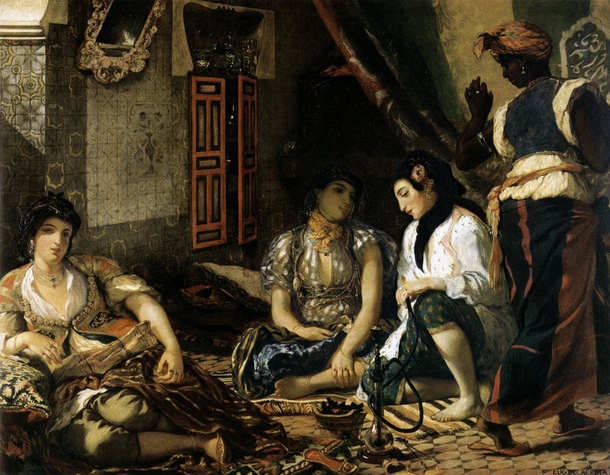
On one side, your lordships have the prisoner declaring that the people have no laws, no rights, no usages, no distinctions of rank, no sense of honor, no property; in short that they are nothing but a herd of slaves to be governed by the arbitrary will of a master. On the other side, we assert that the direct contrary of this is true. And to prove out assertion we have referred you to the institutes of Ghinges Khân and of Tamerlane: we have referred you to the Mahomedan law, which is binding upon all, from the crowned head to the meanest subject; a law interwoven with a system of the wisest, the most learned, and most enlightened jurisprudence that perhaps ever existed in the world. We have shown you, that if these parties are to be compared together, it is not the rights of the people which are nothing, but rather the rights of the sovereign which are so. The rights of the people are every thing, as they ought to be in the true and natural order of things.
—Edmund Burke, Final Speech at the Trial of Warren Hastings, May 28, 1794 in: The Works of the Rt. Hon. Edmund Burke, vol. 8, p. 51 (5th ed. 1877).
In America today, one of the lines of fringe political argument holds that the country is imperiled by the steady encroachment of Sharia law. The recent decision by a Canadian subsidiary of Campbell’s to introduce a line of halal soups was recently cited as evidence of Sharia’s growing influence. More accurately, however, it points to the growing market demand for halal products in the parts of Canada where the soups are being offered to consumers. Against this background, it’s interesting to note that the father of Anglo-American conservatism, Edmund Burke, had a broadly positive assessment of Sharia law.
Burke’s long focus in examining the law was a simple one: to what extent did law offer justice by holding all who came before it to the same standard; and conversely, to what extent was law a tool that unjustifiably placed arbitrary power in the hands of an elite governing class. Applying this test, he found Sharia noble and worthy of support by British colonizers because it held ruler and ruled to the same standard of lawful conduct, and indeed it contained a focus on what a ruler owed his subjects. Burke was also impressed with the concept of mercy built into the law; he found it moderate and restrained, especially considering the high evidence standards that limited the imposition of harsh sentences. Burke contrasted this with contemporary European law, in which horrible physical punishments were routine, death was decreed for even petty crimes, and the elites were held above the law by doctrines of immunity and divine right. Which legal regime better represented a wholesome view of justice?
A bit of context is important to understand these remarks. They were uttered in impassioned final arguments led by Burke for the impeachment of Warren Hastings, the British East India Company’s first governor-general in India. Burke was sickened by what he considered to be a corrupt and unjust colonial regime imposed on the Indians. It was one of the “twin evils” in the world he identified at the time (the other being the Jacobin rule in revolutionary France). In theory, the Company was a commercial enterprise that exercised temporal power only under agreements with the Sultan in Delhi and other rulers. In fact, under Hastings, the Company had carefully built its own raj across the subcontinent. It’s fair to say that Burke’s advocacy included a bit of zealous excess—indeed, Hastings has found no shortage of defenders even among contemporary historians. And it’s also true that Burke, in other speeches, found some points to criticize about Sharia. But his attitude was consistently on balance affirming and positive; for him Sharia represented an important step forward in human history because it embraced the concept of the accountability of rulers to the ruled. There is an excellent discussion of Burke’s attitude towards Sharia and the role it played in his philosophy and in the development of British attitudes towards colonial India in Michael Curtis’s new book, Orientalism and Islam.
Hastings, of course, survived Burke’s efforts to have him impeached. But in the end Burke’s target was less Hastings and more the rule of the British East India Company itself. Burke’s arguments continued to resonate for decades, and following the 1857 war, Britain finally decided to break “the Honourable Company’s” raj in India.
Listen to a performance of Aleksandr Borodin’s In the Steppes of Central Asia (? ??????? ????) (1880) by the Staatskappelle Dresden:


